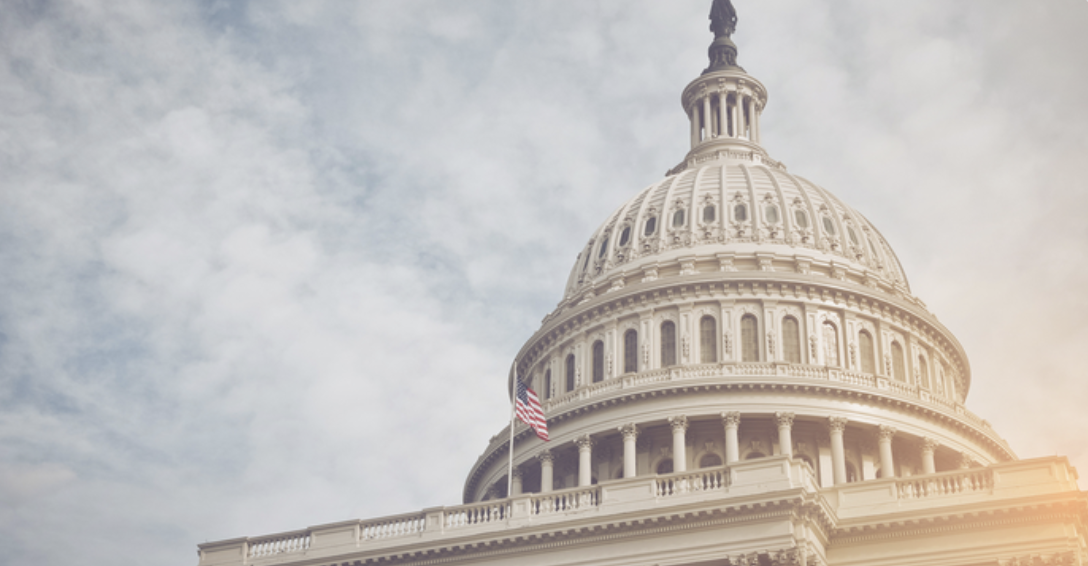Fantasy Math: How the GOP’s Tax Bill Distorts the True Cost of U.S. Debt and What It Means for Your Wallet

📊 Introduction: The Illusion of “Fantasy Math”
The recent passage of the GOP’s “One Big Beautiful Bill” has stirred significant debate. Critics argue that the bill employs “fantasy math” to downplay its true impact on the U.S. national debt. By using optimistic projections and excluding certain costs, the legislation presents a rosier picture than reality. This manipulation obscures the bill’s actual fiscal consequences, potentially misleading the public and policymakers.
💰 The Real Cost of the Tax Bill
While the bill promises tax cuts, particularly benefiting the wealthiest Americans, the long-term costs are substantial. The Congressional Budget Office estimates that the legislation could add up to $5 trillion to the national deficit over the next decade. This increase in debt servicing costs diverts funds from essential services and investments, straining the economy.
🏠 Rising Interest Rates: A Direct Hit to Your Wallet
The surge in national debt leads to higher interest rates. As the government borrows more, it competes with consumers for credit, driving up borrowing costs. For individuals, this translates to higher mortgage rates, increased costs for car loans, and more expensive credit card interest. For instance, 30-year fixed mortgage rates have climbed to 6.89%, making homeownership less affordable for many Americans.
🏥 Medicaid Cuts: A Blow to Health Security
The tax bill also proposes significant cuts to Medicaid and other social programs. These reductions could result in millions losing health coverage, disproportionately affecting low-income families and seniors. Such cuts not only jeopardize public health but also shift more financial burdens onto individuals, increasing out-of-pocket medical expenses.
📉 Bond Market Reaction: A Warning Signal
Investors are expressing growing concern over the U.S. fiscal trajectory. Major investment firms have reduced holdings in long-term Treasury bonds, fearing that rising debt levels could lead to higher inflation and increased borrowing costs. This shift in the bond market reflects a loss of confidence in the government’s fiscal policies and could lead to further economic instability.
🧠 Implications for Your Personal Finances
The ramifications of the GOP’s tax bill extend beyond macroeconomic indicators; they directly impact individual financial well-being. Higher interest rates mean increased costs for loans and credit. Cuts to social programs could lead to higher personal expenses for healthcare and education. Moreover, the potential for inflation erodes purchasing power, making everyday goods and services more expensive. These factors collectively strain household budgets and financial security.
🔍 Conclusion: Navigating the Fiscal Landscape
Understanding the true impact of the “One Big Beautiful Bill” is crucial for making informed financial decisions. While the legislation may offer immediate tax relief for some, its long-term effects—rising debt, higher interest rates, and reduced social services—pose significant challenges. Individuals must stay informed and consider these factors when planning for the future.






